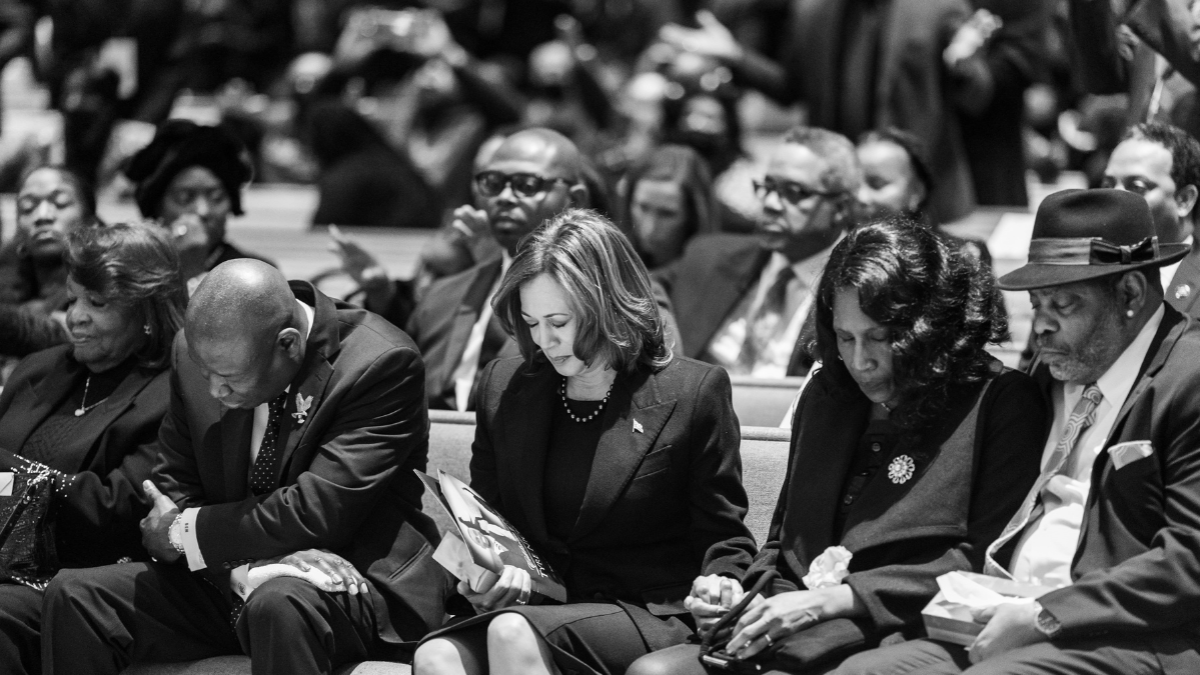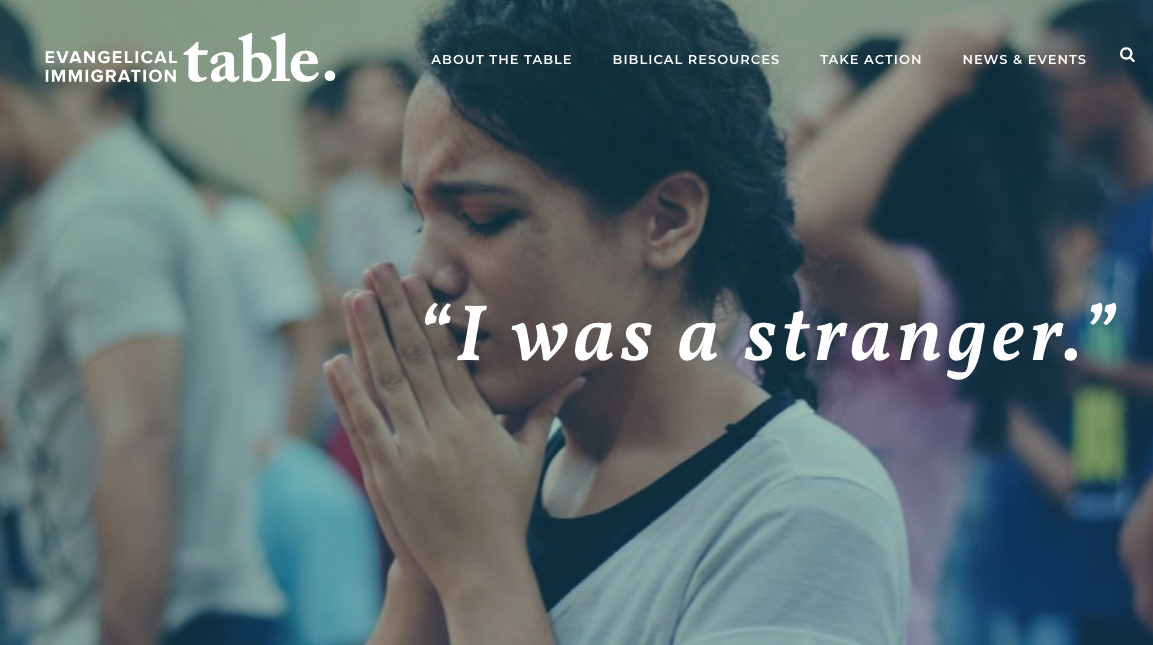
After the many scandals in the past year alone, there can be no doubt that churches face a problem with sexual assault and predatory behavior, across all denominations — with the most recent story concerning the Southern Baptist Convention. A recent Houston Chronicle and San Antonio Express-News investigation into court records found “more than 250 people who worked or volunteered in Southern Baptist churches have been charged with sex crimes” in the past decade.
I’m not a fan of #ChurchToo, for many reasons, not least of which is that the co-founder wouldn’t mind if the church died. The one thing I agree with, though, is that reform does need to happen within churches. Because so many have refused to handle sexual abuse appropriately, or tried to handle it internally, we must face the shame that this testimony has given the Christian church within the secular culture that surrounds us.
The cost of this abuse, and the subsequent mishandling of it, has and will continue to destroy the health — emotional, spiritual, and physical — of the vulnerable. Just within this most recent story, a girl perished: “Schneider slit her wrists the day after that attack in 1994, Casados said. She survived, but she died 14 years later from a drug overdose that her mother blames on the trauma.”
Another alleged victim spoke to the emotional and spiritual struggles that are often experienced by victims of this abuse: “Cocaine, heroin, methamphetamine — whatever would quiet my mind and diminish what I was feeling, because I wanted to be numb,” he said. “I didn’t want to feel any of it.”
“So many people’s faith is murdered. I mean, their faith is slaughtered by these predators,” David Pittman, who was allegedly assaulted by his youth minister, told the Houston Chronicle.
Patterns Within The Church
Every story that comes out illuminates a pattern of behavior to molestation within the church. Each offers further data towards understanding. This can be enlightening for a number of questions people may have, including why anyone is allowed to get away with this.
Consider this quote, too: “In May of last year, Patterson was ousted as president of Southwestern Baptist Theological Seminary in Fort Worth after he said he wanted to meet alone with a female student who said she was raped so he could ‘break her down,’ according to a statement from seminary trustees.”
The language of “breaking down” an individual through physical or emotional force is a hallmark of spiritual abuse. It is the vernacular of stripes of cultic, legalistic Christianity that abuses women and children.
Within this framework, if a child or woman is abused, they have no recourse unless they want to be excommunicated from everything and everyone they know. Thus, the abuser holds power over them. They are forced to choose between their friends, family, and church, or speaking out. For many individuals, who are often already isolated, this is too steep of a price to pay.
But though this phenomenon largely explains how abuse happens within legalist communities, what accounts for the pastors and church leaders getting away with it in more grace-focused contexts? The answer has roots in the conflation of the concept of Coram Mundo (how we stand before man) with that of Coram Deo (how we stand before God). In short, there is a distinction between eternal forgiveness and earthly consequences. Forgiveness does not mean getting away with sin in this side of eternity.
Coram Mundo Versus Coram Deo
Abusers within the grace-focused sector of the church have long twisted Scripture, emphasizing forgiveness as a way to bypass any consequences for bad actors. For too long the church has been complicit with this, allowing abusers to skirt the civil aspects of sexual crimes within its walls and encouraging victims to just “forgive.”
Often, in these cases, the abuser will subtly twist the victim’s arm with, “God forgives me, who are you to withhold forgiveness?” I personally have heard, “What does it say about God if we cannot forgive abusers?” — spoken whilst the abuser was still abusing people.
God is a God of order and justice. In the order he created, there are consequences for actions — within the church, the civil realm, and our vocations and relationships. This is the meaning of Coram Mundo. It must not be confused with the eternal forgiveness Christ offers for, yes, every sin. That is Coram Deo.
By using forgiveness to blunt the reality of just consequences, not only do people undermine and further insult God and the victims of gross sins, but they bear false witness against the Lord’s very nature. And this after assaulting one of his flock. We cannot be fooled by this charismatically abusive command of language. As my husband has noted:
It seems that a popular technique of reputation-rehab within the more radical-grace elements of the Church these days is to make regular use of the word, ‘broken,’ or its synonyms (wounded, hurt, etc.). This language takes attention off of the active elements of the false-teacher’s behavior, and instead emphasizes those elements in which they are passive. What has been done to them, not what they themselves do, becomes the focus. And what do we call people who have had hurt inflicted upon them? Victims.
Let’s call this what it is: a rhetorical tool that minimizes the very real, very dangerous aspects in play, in favor of ginning sympathy by characterizing the individual in question as a poor, misunderstood soul. How dare you pick on them, you meanie. This works because human beings are intrinsically, biologically wired to defend the weak. But, just because the focus groups eat it up does not mean it is an appropriate — or honest — use of language.
People who do this tend to be likable and charismatic. They know how to spin a narrative to keep the negative attention off themselves, spending their reputation capital of being seen as “good, godly people,” and the victim as a vixen out to get them (and possibly mentally ill). This narrative-spinning around the victim is particularly grievous and harmful, especially when the victim is a child.
Not everyone is gifted with the instinct and the ability to apprehend such charismatic presentations, but those who can see through the facade must speak out, and loudly. This may be the only way to prevent these things from repeatedly happening. And prevent we must. We are at risk of eternally losing individuals to the atrocious actions of reprehensible people who put themselves in positions of authority over others when they don’t even have authority over their own debased desires.
What Can We Do About Ongoing Cases?
It’s time to demand cause and effect be enforced, according to God’s good order. Consequences must be enacted for the criminal actions of these people — and that includes handing them over to the secular courts for prosecution immediately, instead of running out the clock on the statute of limitations.
Civil consequences are appropriate for civil crimes. Therapy and medical care for the victims dealing with ramifications of this behavior must be given without delay. Most importantly, victims must be placed in the arms of a safe congregation where they may work through the spiritual baggage the abuse leaves in its wake without being oppressed with a spirit of fear.
We need to institute an innocent-until-proven-guilty-policy for alleged victims (because historically even young victims are painted as a whore), just as is demanded for any alleged perpetrator. It is also vital that discernment be taught, in order that all may obtain an appropriate understanding of Coram Deo and Coram Mundo, for both those in authority and laypeople.
Ignoring victims of sexual abuse has consequences, in this life and the next. Tamar’s rape is proof of that. Instead of allowing the consequences to accrue to victims, we should appropriately place them on the abuser.
For so many women like Tamar, they will not find justice in this life. They will not be understood by others and they will not have the health they might have if the abuse had not happened. But we must take heart in God and his justice. He has seen all, knows all, and will do right, even if no one else will.









